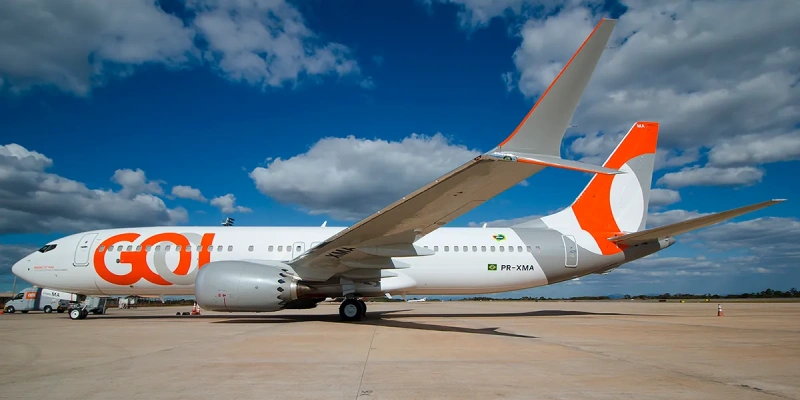Air Canada is facing a labor crisis: more than 10,000 cabin crew members will begin a three-day strike starting Saturday after rejecting an improved offer from the airline and refusing to submit the dispute to binding arbitration.
The union, affiliated with the Canadian Union of Public Employees (CUPE), issued a 72-hour strike notice following eight months of unsuccessful negotiations. In an internal vote, 99.7% of members supported the strike mandate, reflecting widespread dissatisfaction.
“We have negotiated in good faith and made progress on some issues, but Air Canada has refused to address our core concerns,” the union stated in a release, emphasizing that talks are ongoing.
Rejected Offer: Numbers and Discrepancies
On Monday, the airline proposed a total compensation increase—including wages, benefits, and bonuses—of 25% in the first year and 38% over four years. This offer surpassed a previous one of 20% and 32.5%, respectively, according to Bloomberg News.
However, the union argues that the actual calculation amounts to a 17.2% increase over four years, “below inflation, market value, minimum wage, and without compensation for all hours worked.”
Air Canada accuses the union of submitting a counteroffer with “exorbitant increases” and rejecting the proposal to resolve the conflict through independent arbitration. “The parties remain far apart on key issues,” the company stated.
→ SKY Airline and Air Canada Sign Interline Agreement
Operational Impact and Affected Passengers
The strike would ground approximately 700 daily flights from the main network and Air Canada Rouge, affecting around 130,000 passengers each day. Operations of Air Canada Express, which operates nearly 300 regional flights and is managed by third parties, would not be impacted.
Core Issue: Pay for Hours Worked
One of the main demands is for flight attendants to receive 100% of their pay for all hours worked, including time on the ground. Currently, as is common in much of the industry, pay only begins when the aircraft starts moving, leaving tasks like boarding uncompensated.
In the U.S., union pressure has begun to change this model: in 2022, Delta Air Lines became the first U.S. airline to pay its cabin crew during boarding, and recently, United Airlines’ flight attendants rejected a contract that included cumulative raises of 45.6% over five years and payment for that phase.
Next Steps
The collective agreement, which had been in place for 10 years, expired at the end of March, and negotiations have stretched on for months. The union announced it will issue another update Wednesday evening, as uncertainty grows over whether last-minute mediation can avert the strike.
The dispute is shaping up to be one of the most significant in recent Canadian aviation history, both in terms of the volume of affected flights and the magnitude of internal support for the strike.
Related Topics
LATAM Resumes Flights Between Bogota and Caracas Starting February 23
LATAM Consolidates Rosario–São Paulo Route: Daily Service Starting in September
GOL Resumes São Paulo-Caracas Route Starting in March
LATAM Commits to AeroSHARK: “Sharkskin” Technology to Expand Across Entire Boeing 777 Fleet

Plataforma Informativa de Aviación Comercial con 13 años de trayectoria.




